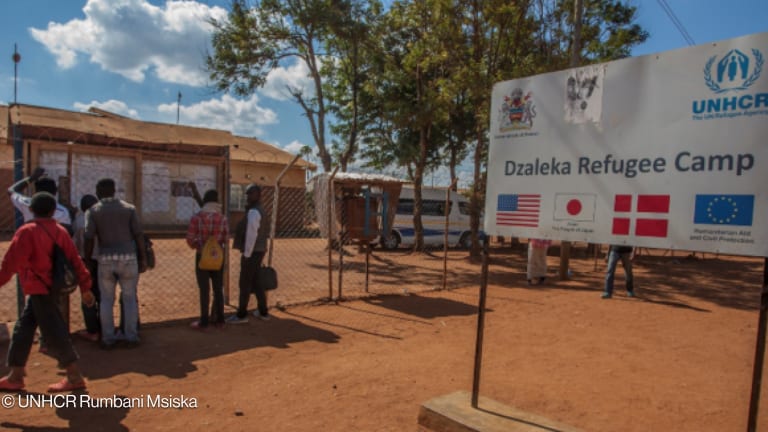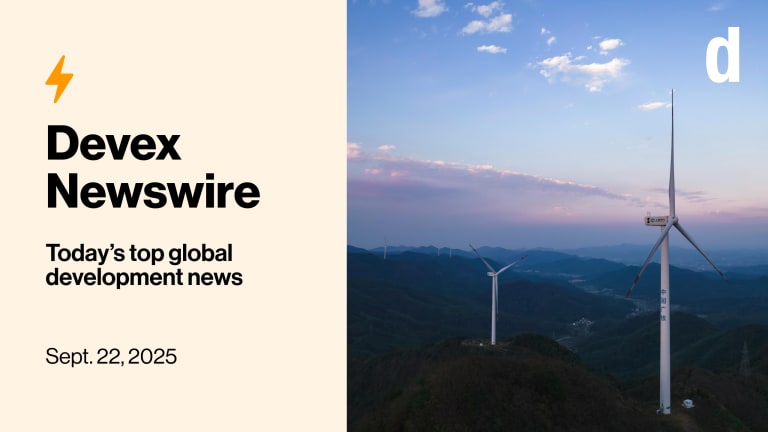For the last two weeks, during the festive period, Betty and I have been traveling through central Malawi, in particular to the lake and Lilongwe. Traveling has provided us not only with a break from work, but also from isolated Lundazi and Zambia as a whole.
The contrast between the countries should not be that great. Both countries are shockingly poor, and score lowly on the Human Development Index, which ranks countries according to levels of education, income and life expectancy. But as we left Zambia and crossed over into Malawi, there was a notable change.
Leaving Zambia we were asked to fill out your details in a large book, much like those left for visiting guests. The immigration officer gave our passports a cursory glance and then stamped them with the swift WHACK that accompanies all stamping here. I am not sure if it is an assertion of their authority, or just that they are trying to conserve the ink.
Certainly on the Zambia side of the border, facilities are threadbare. The single officer we met seemed ambivalent to the passing of time, and the queue that formed quickly as each of our group waited to sign the book. Pens were hard to come by, so officers may hope leaving guests are willing to share.
On the Malawian side things were much swifter. Here each individual fills out a slip which they show to two immigration officers, who are patiently waiting to double-check your details against the passport, file the slip, give the mandatory whack - and then you are on your way.
The first thing we noticed after leaving the Malawian immigration is the state of the taxis that took us to the nearest bus stop. While lacking in suspension, these are not the same battered vehicles that populate Zambian roads but clean, comfortable transport with working doors and windows. The same thing later when we caught a minibus: While perhaps not to Western standards, we were far more confident that it would reach its destination than their Zambian counterparts.
The second thing we noticed were the road. There were no potholes. Driving straight along a road at a constant 80 kilometers an hour without veering from side to side had become an odd sensation for us. My initial reaction was one of complete panic. Surely the driver must be mad. This is far too fast, there is no way it is safe to drive at this speed. It makes you want to jump up and scream for the driver to stop.
It is at this point that we realized just how poor the roads in Zambia are, and just how much this must hold back development.
Back home in Zambia, barely anyone lives on the road from Lundazi to Chipata. Occasionally there are small villages, a school or a cooperative center. Looking out from the windows you might see some huts and a field of maize, neat parallel lines etched into the landscape representing mans determined but futile attempt to tame nature. Buses are rare, expensive, slow and offer no guarantee that you will actually reach your destination. Our 186-km journey took over 6 hours. When our battered bus broke down we waited for an hour without seeing any traffic. Eventually we were able to get onto a bus that had turned around as a bridge had been washed away by the rain.
Now in southern Malawi, looking out of the overland minibus's window, you can see the fields speeding past, stretching to the horizon. Every sliver of land has been taken and turned into neat lines of maize, cabbage, carrots and tomatoes. Farm shops are dotted along the side of the road. Buses are frequent, reasonably priced and fast, encouraging trade and reducing the cost of goods. It is the poorest who buy these goods and make use of these services. They are the main losers when the infrastructure is bad.
Malawi also has the lake, a tropical paradise of white sand beaches, crystal blue waters and rugged hills that equal any of the top tourist destinations I have visited. The prices are better than in the Cayman Islands, the people less pretentious than on Ibiza, the food better than on Cuba and the scenery equal to Croatia and Crete. Malawi is truly an African country, but watching the sunset with a gin and tonic, listening to a relaxing tune, you could be in any of these places.
The break really refreshed us both and gave us the opportunity to get away from the frustrations of work, share experiences with our fellow volunteers and return reinvigorated for the new year ahead. Despite the attractions of Malawi, we were both keen to get back to work in Zambia.
Walking around Lilongwe bus station on our return journey, the street hawkers repeated their stock question: "Where you going?"
For the first time my reply confused them into a stunned silence.
"Home," I said with confidence. This time it really felt we were.








